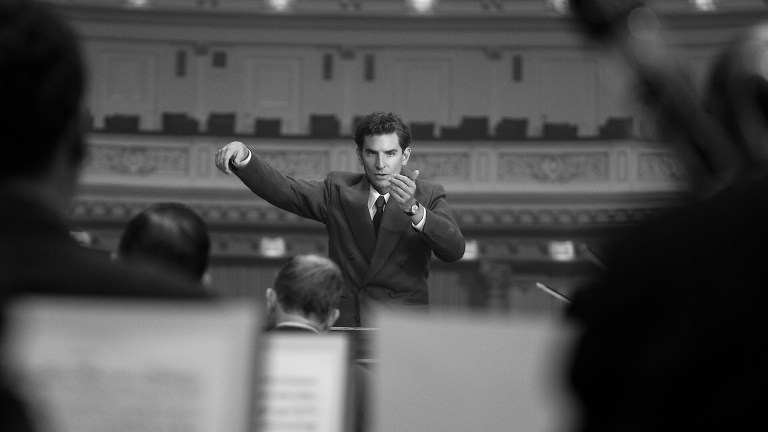Maestro is divisive, flawed, and frustrating.
It’s also a fascinating subversion of the biopics that Oscar voters love, including Oppenheimer.
Hey, if it was good enoughforBohemian Rhapsody.

This scene is cut short by Felicia, who suggests that she and Leonard get out of there.
What would usually be a recurring plot point in so many other youll never accomplish (blank)!
biopics is mentioned and then largely brushed aside.
Maestrooften addresses similar major moments in the oddest ways.
When Felicia catches Leonard kissing another man, she is upset but certainly not surprised.
We understand that something like this has happened before but we dont get to see that moment.
Some of those decisions feel like an extension of the films respect for its subject.
And yet, NolansOppenheimeroffers the ample information typically required to draw our own conclusions.
Thats hardly new ground for a biopic to cover, butMaestrocovers it in a rather unique way.
Even Bernsteins eventual coming out moment, such as it is, isnt portrayed as a gloriously romantic cure-all.
Hes still lost in the life hes made for himself.
Maestros relative ambiguity about large chunks of Bernsteins life is seemingly designed to help put us in his shoes.
You could make similar bad-faith arguments in praise of many movies that arguably dont deserve such a defense.
How many scenes of a musician dryly uttering the words to their eventual hit do we need to endure?
Maestrois a messy but fascinating exploration of composer Claude Debussys insistence that music is the space between the notes.
Without effectively utilizing that space between, everything else runs the risk of becoming mere noise.